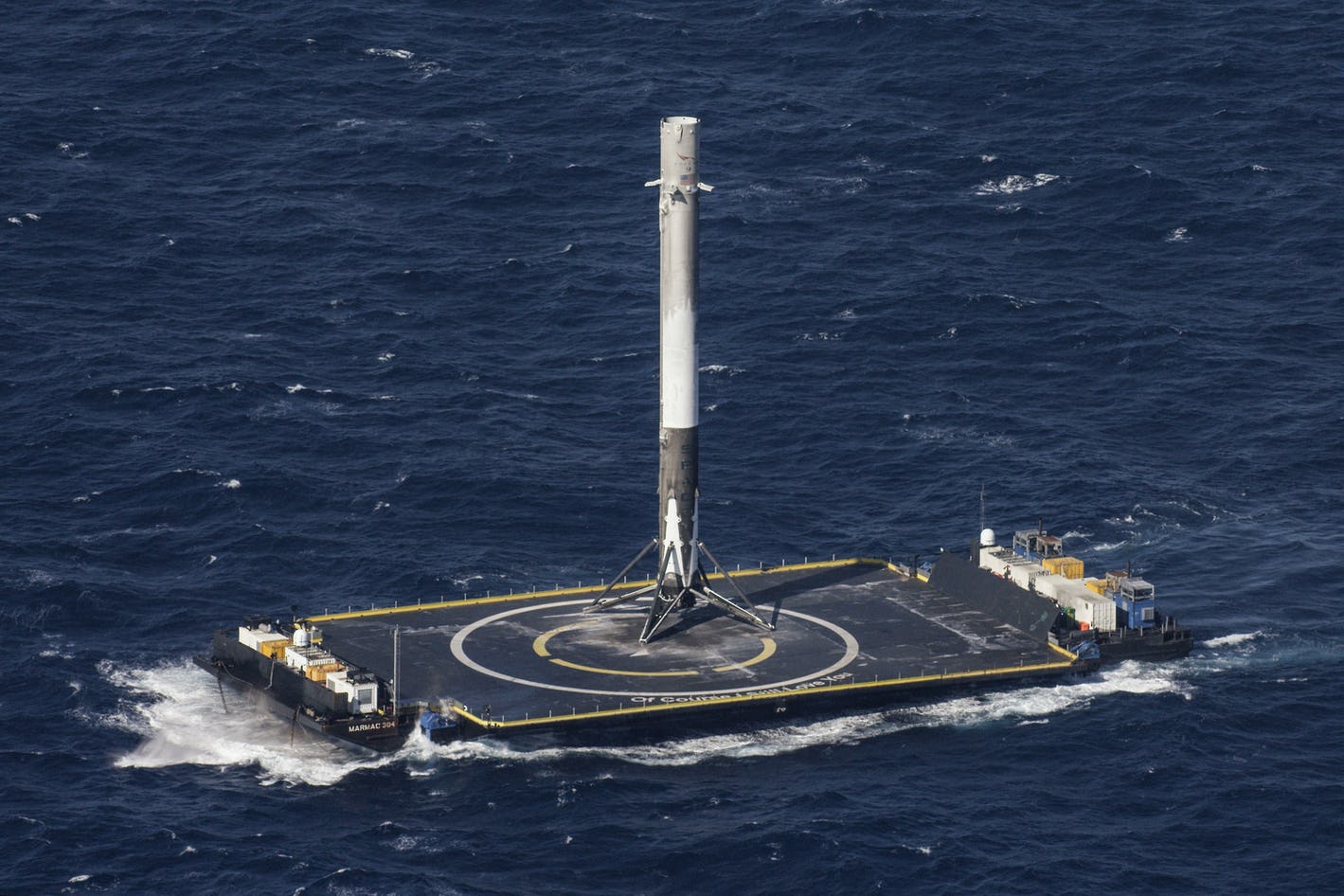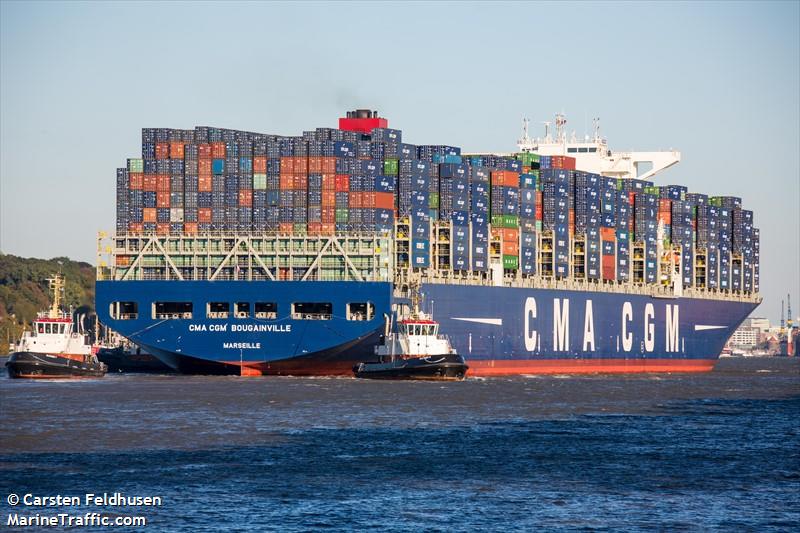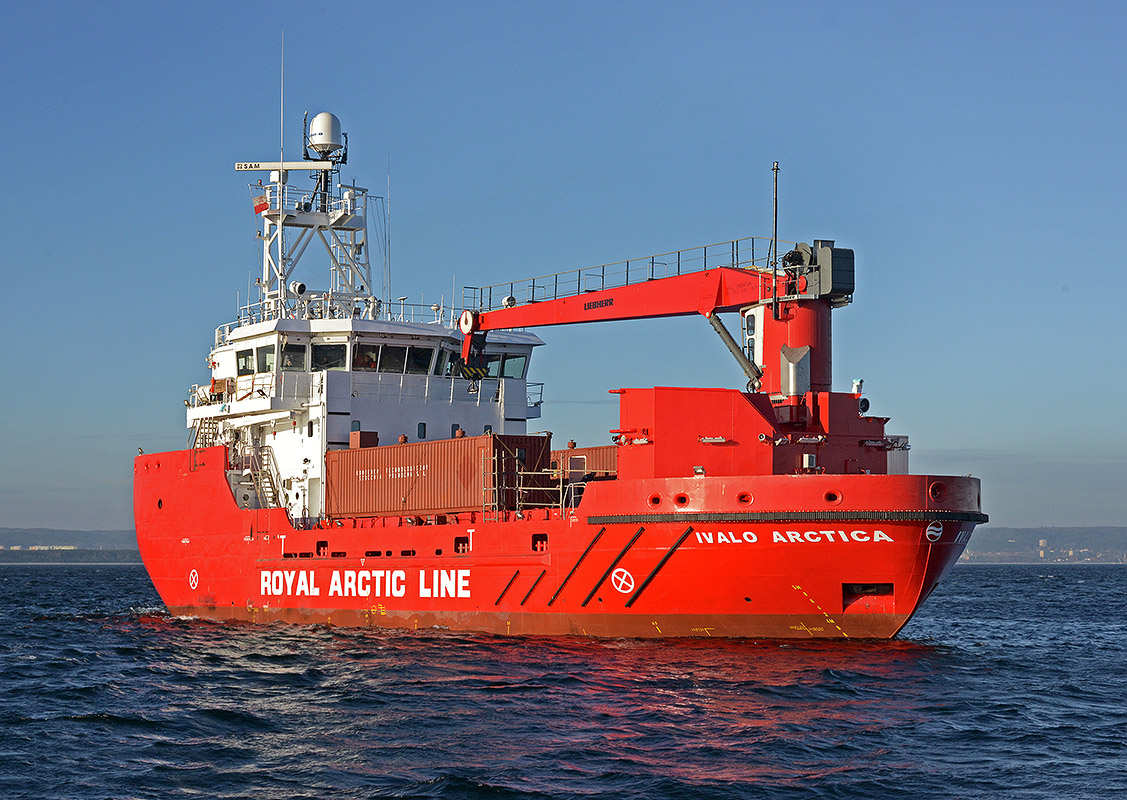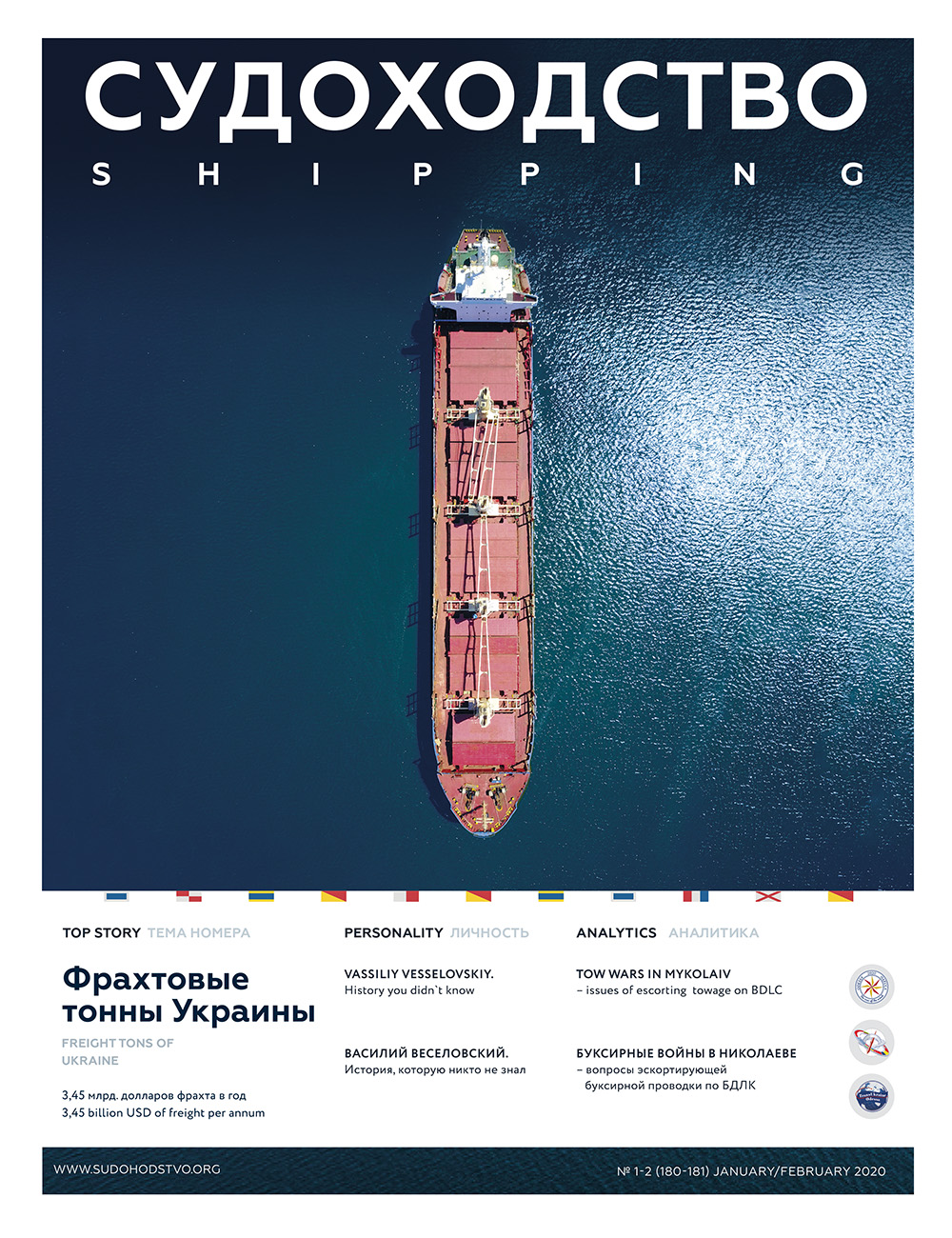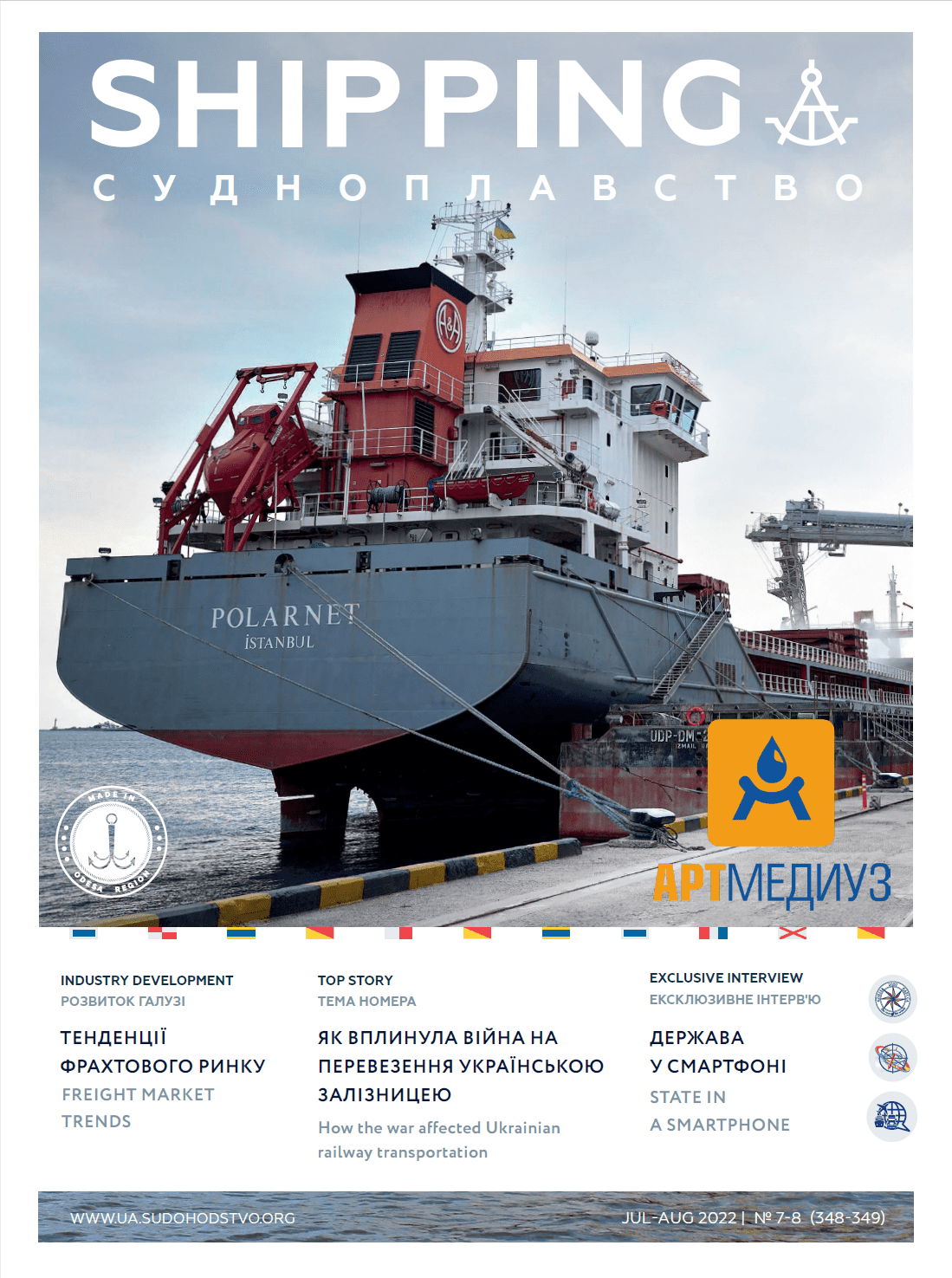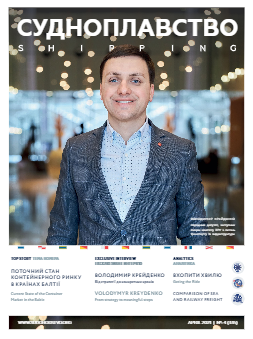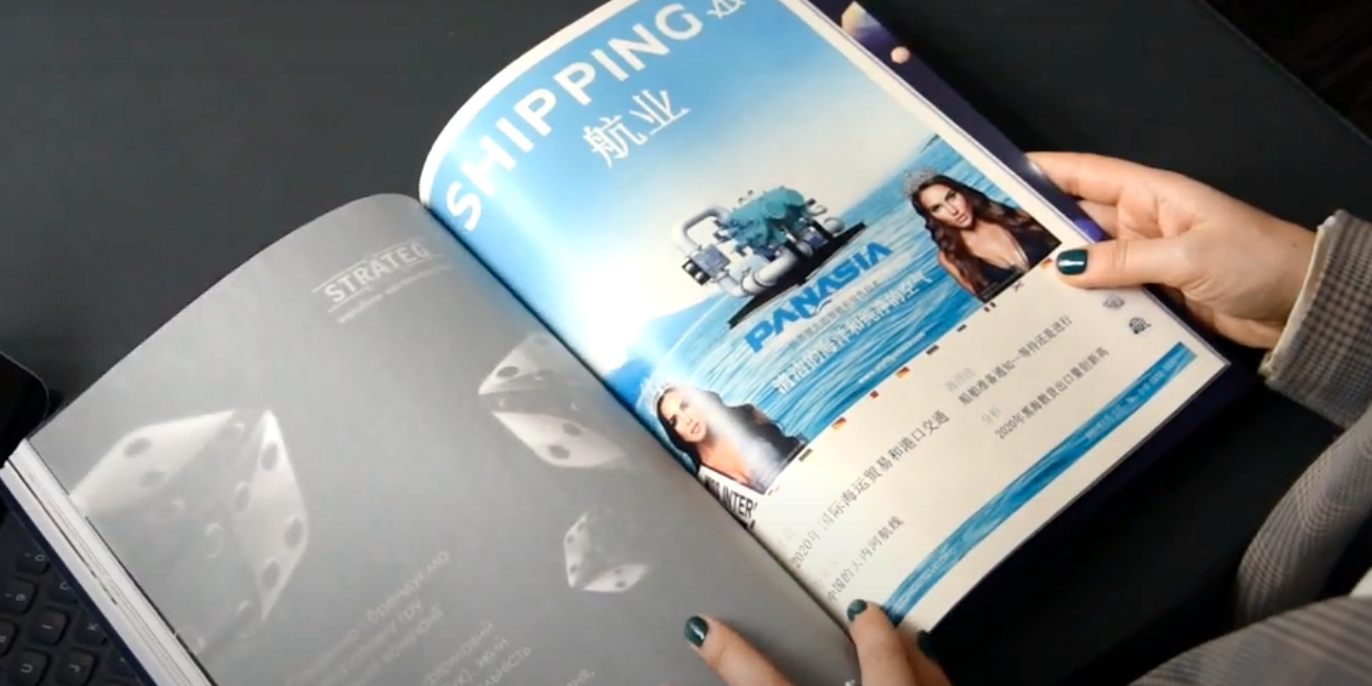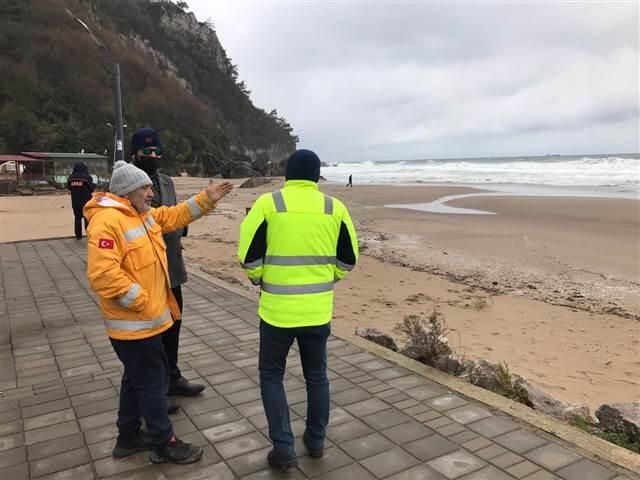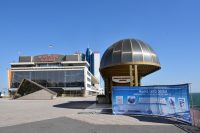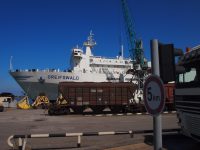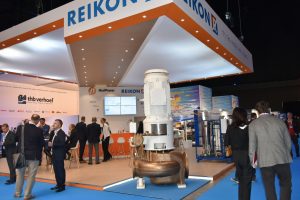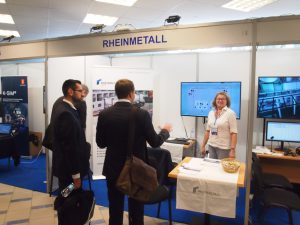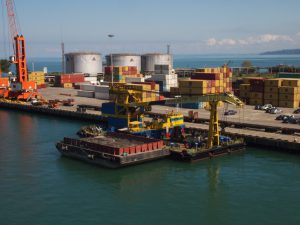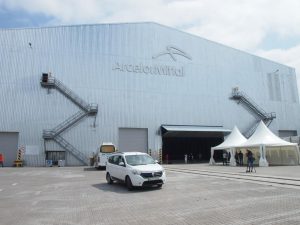Norwegian car carrier Höegh Autoliners don’t want to implement scrubbers in order to comply with the IMO 2020 regulations, and to use very low sulphur fuel oil (VLSFO) or low sulphur marine gas oil (LSMGO).
“We have ordered zero scrubbers and will order no more,” said Ivar Myklebust, CEO of Höegh Autoliners.
He explained that an increase of fuel usage and open-loop scrubber bans in port areas are some of reasons.
Namely, Myklebust noted that, although this equipment would surely cut emissions to air, “it appears as it will just move the emissions to the sea instead.”
The CEO argued that scrubber use could actually increase the carbon footprint of a vessel, as it adds weight and requires tens of thousands of tons of water to wash through the systems each day. This requires energy which would come from burning more fuel.
“Another reason for deciding against scrubbers is that ports have already started to ban open loop scrubbers,” Myklebust added.
Furthermore, the company’s pure car and truck carriers are not ideal for scrubbers, according to the CEO. He informed that placing a scrubber from the engine room up through the whole vessel to the chimney was challenging.
Myklebust outlined that transporting cargo by sea would be more expensive from January 1, 2020, regardless of the approach taken.
Those that invest in scrubbers would need their investments to be paid off and for those using VLSFO or LSMGO the fuel will be considerably more expensive.

